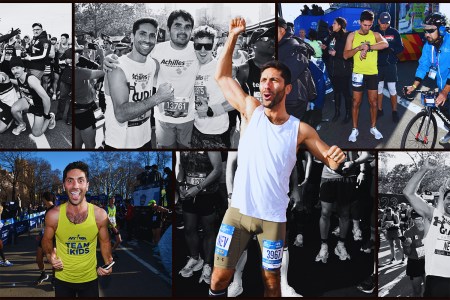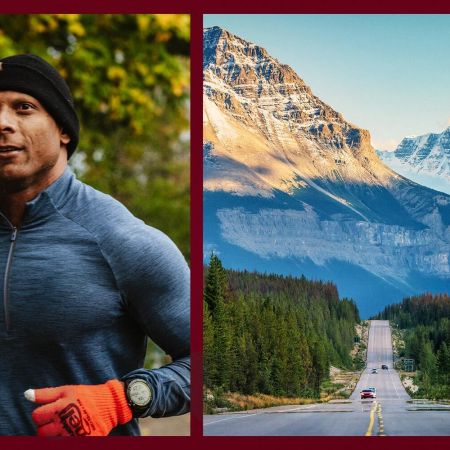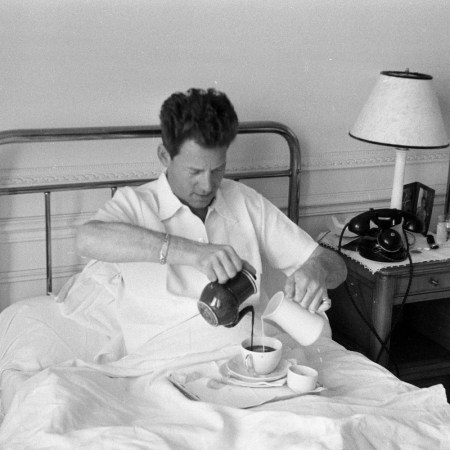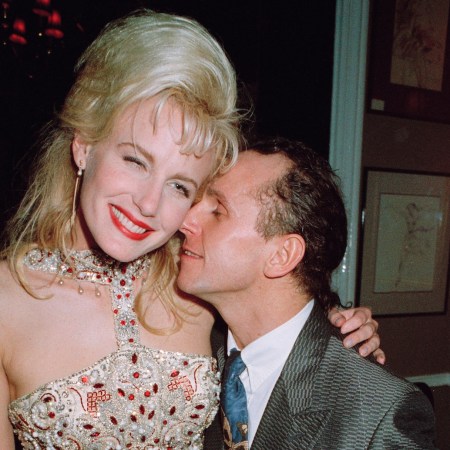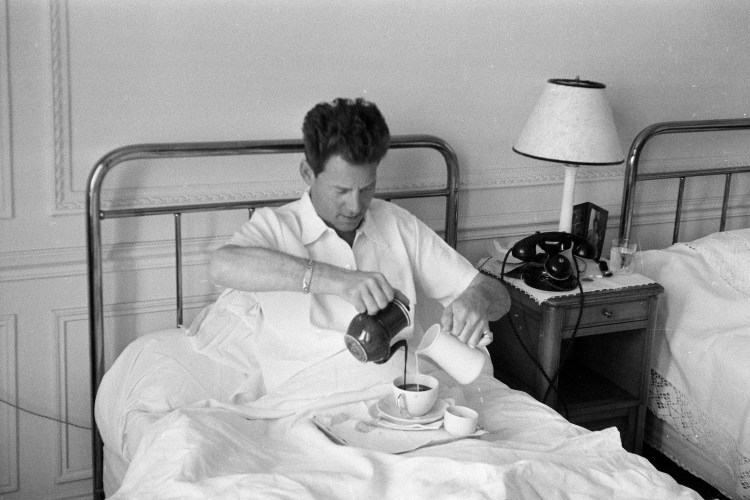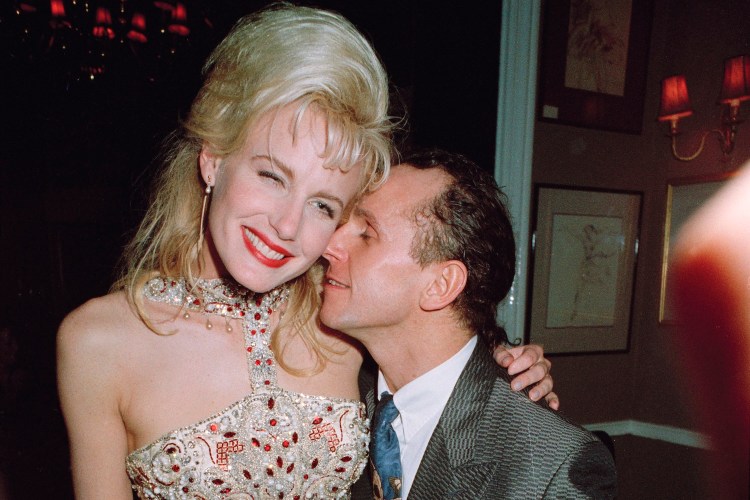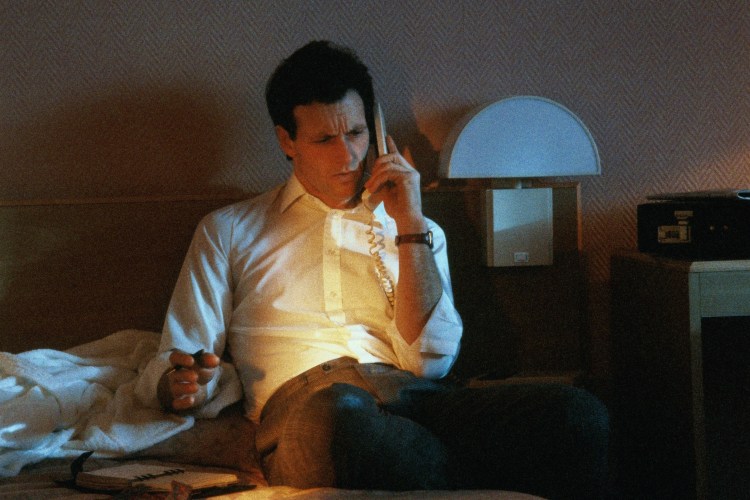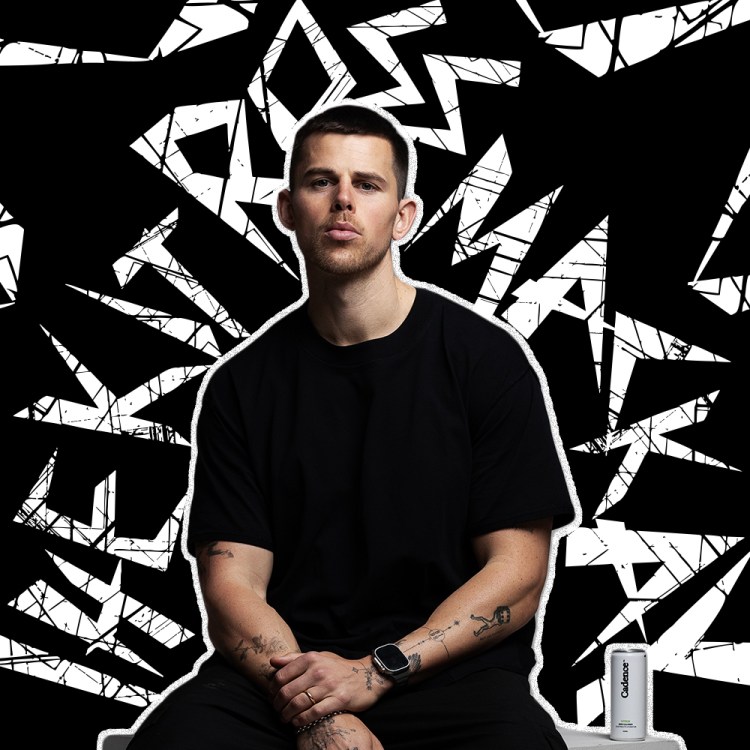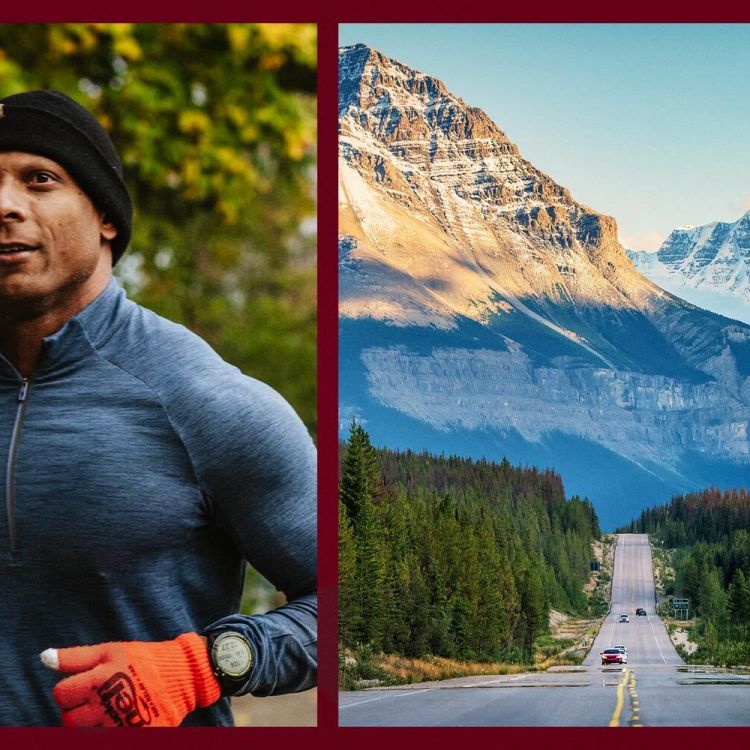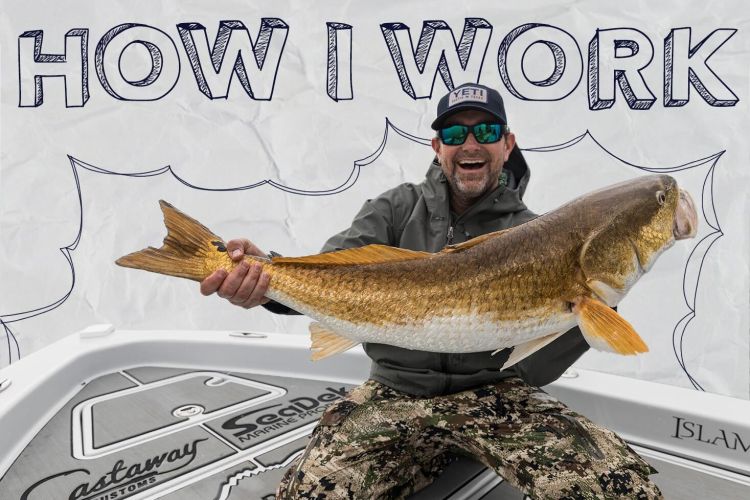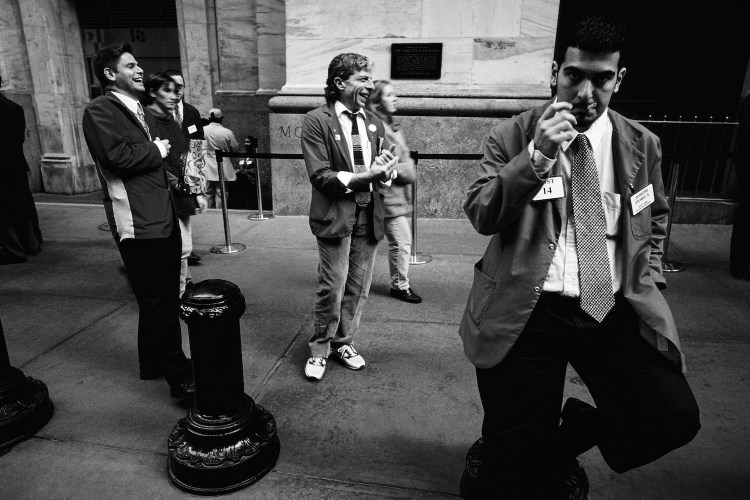For most of my life as a runner, generic training plans and a sense of discipline have dictated my workouts. That doesn’t sound like much of a winning formula, but it’s worked: I’ve run comfortably, raced confidently and hit various goals over the years. A lot of runners can probably relate to that steady, self-driven approach.
Late last year, however, I decided to chase a more ambitious goal: qualifying for the Boston Marathon. I grew up a couple of towns over from the start line, but that didn’t mean much to me as a kid — Patriots’ Day was just another school holiday. Yet as I got older, I began setting an alarm to catch the send-off of thousands of runners. I watched Meb Keflezighi win the race in 2014, a year after the bombings. I’ve stood on Boylston Street with college friends, screaming like it meant something. Running Boston myself has never felt inevitable, but it doesn’t feel random, either.
To get there, I knew I’d have to approach training in ways I hadn’t before, and I wasn’t sure if my self-governed approach was a recipe for success. So, after more than a decade of passively coaching myself, I decided to team up with someone else.
That decision turned out to be more than a lesson in running faster. In fact, it’s reshaped my understanding of training, longevity and — perhaps most unexpectedly — my relationship with progress and discipline.
Finding a Coach
To get started, I set up an account on TrainingPeaks, a fitness platform designed for endurance athletes.
There are plenty of coaching options out there — from the Runcoach app to Garmin’s built-in watch plans to protocols from established athletes you can find on Instagram — and they all meet the needs of different runners. But a few friends at my local run club swore by TrainingPeaks for its personalized structure and connectivity with their coach. Some of them used it to qualify for Boston, and that was enough to convince me.
I filled out a survey, laid out my goal and matched with someone who would try to help me reach it, coach Andrew Simmons. Just like that, training began.
The Running Life of Nev Schulman
Somehow, some way, the TV star recovered from a broken neck in time for his sixth New York City MarathonStrength Training Changed Everything
Just as quickly as it began, it came to a painful halt. After only a few weeks of rebuilding, my knees felt tender, and pain crept through the soles of my feet. I was forced to slow down. This was my first real revelation: training for a race means more than just running.
As obvious as it sounds, my self-directed approach to running had always relied on, well, more running. I trained for a 50K, half marathons, even a relay by lacing up, logging miles and breaking out a massage gun to pound away aches and pains. If something hurt, I took a short break and waited for the problem to disappear, or moved on to another activity. This time, my coach introduced me to something stubborn runners like myself tend to ignore: a plan to actually fix the problems.
That meant spending time with weights, resistance bands and daily stretching routines. Slowly, these strength-training strategies proved effective as my knees felt better and muscles began activating in ways they’re supposed to. I wasn’t bouncing in and out of running because of random injuries. I was an active participant in my training.
A Coach Keeps You Honest
Sometimes being an active participant gets tiring. As I would learn, getting your body to run fast is really hard, even if you’re at it every day. (I have more respect for professional runners now than ever before.) Each week, my training plan would cycle through easy, medium and hard workouts, and a predictable pattern emerged. Mondays were always easy; a bike ride on Wednesdays gave my knees a break; and I grew to have a healthy fear of tempo runs on Tuesdays and Fridays.
Admittedly, there were a lot of days when I just didn’t want to run for one reason or another — I was tired, my legs were stiff, snow was starting to stick on the ground outside. But every time I hesitated, I also remembered I was working with someone, and accountability got the better of me. I’ve heard a lot of runners say a coach keeps you honest, and it’s absolutely true. If reaching a goal isn’t motivation enough, the thought of letting someone else down is.
Of course, working with a coach isn’t simply a lesson in “Do as I say.” Coach Andrew and I checked in every so often to chew over progress and next steps. We adjusted plans more than once, whether I was traveling for work or working through an injury. It was a system of give and take to find a happy medium that let me train at the edge of my abilities, always improving.
The Real Win
We used every bit of four whole months to prepare, and over time, a sense of discipline that once felt kind of half-assed started to carry real meaning. I wasn’t just running because my training calendar told me to. Instead, each workout felt like laying a single stone, and I kept coming back to lay another. When I was training by myself, I was good at cutting corners every now and then; but with someone in my corner, missed opportunities felt like they mattered.
As training wore on and race day lingered on the horizon, my nerves slowly intensified. I’d always handled the emotional side of running and racing well because I curbed expectations. Even if I didn’t run fast enough or hit an objective, I was getting myself across the finish line. But this time felt different. The stakes were higher, the pressure more personal. It wasn’t just about finishing strong, but proving something, justifying the effort. That pressure can mess with your head, making every missed milestone feel more like a failure.
Fortunately, that’s where a coach made the biggest difference. Coach Andrew didn’t just design workouts, he talked me through setbacks, adjusted the plan and helped me understand that off days are part of the process — not a problem. About a month before the race, I had this moment of clarity after a difficult workout when I realized that tiny data points didn’t matter as much as feeling good. From that point on, I was still chasing a goal, but I was chasing it with trust, patience and less pressure.
Did I Qualify?
This is usually the part of the story where the big race arrives and months of training pay off in a strong finish. But this isn’t that kind of story. The first half of the marathon felt effortless as I hit my splits and ticked off mile after mile.
But with less than 10 miles to go, my body hit a wall that I couldn’t break through, and the goal slowly slipped through my fingers. I remember the moment when I looked at my watch and truly realized the window of opportunity had closed. And yet, as I crossed the finish line thinking I’d feel crushed, I actually found peace. Training with someone had prepared me for this, had taught me how to handle the hard days, the imperfect outcomes — sometimes you don’t hit the mark, and that’s part of the process, too. There’s always the next one.
Should You Hire a Running Coach?
Working with a coach isn’t a requirement for becoming a better runner, and it definitely doesn’t define one. Plenty of talented runners coach themselves, hitting PRs and staying consistent without help. Some run in groups to keep motivated, others follow preset plans. I know a few runners who have even turned to AI for help.
But my experience with a coach taught me about running in ways I didn’t expect. Recovering from injuries, staying disciplined, managing stress, accepting outcomes — these were lessons I might have spent years stumbling through on my own. With a coach, I put together a more complete picture not just of my training, but of who I am as a runner, and what it takes to keep going, through a tough workout and in life. Working with a coach helped me go further than the finish line. It gave me a new way to think about the road ahead.
Whether you’re looking to get into shape, or just get out of a funk, The Charge has got you covered. Sign up for our new wellness newsletter today.


